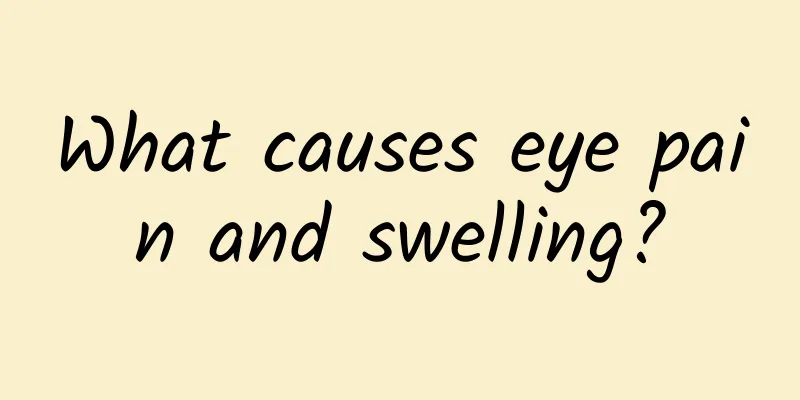How to prevent colorectal cancer after cholecystectomy

|
After cholecystectomy, more attention must be paid to the prevention of colorectal cancer, because patients who have undergone cholecystectomy have a higher rate of colorectal cancer. Pay attention to the nutritional and healthy diet, avoid eating high-calorie, high-fat, and high-protein foods, and pay attention to repeated examinations. 1. During the annual company physical examination , there are two examinations with a high abandonment rate - stool test and digital rectal examination. Chief physician Zhou Hongwei, a gastrointestinal surgery expert at Hangzhou Second Hospital, reminds that stool tests and anal examinations are both ways to detect colorectal cancer, especially for people at high risk of colorectal cancer who have undergone cholecystectomy, and should be taken more seriously. 2. Colorectal cancer itself is a disease of affluence and is related to diet. Most of the bile secreted by the liver is stored in the gallbladder. If a person eats food containing a lot of fat, the gallbladder will contract and discharge the stored bile into the intestines to help digestion and absorption. If the gallbladder is removed, bile has no way to be stored and will continue to flow into the intestines. If bile is broken down by intestinal bacteria, it may produce "secondary bile acid" which is carcinogenic. This carcinogen will irritate the intestinal mucosa all year round and easily induce intestinal mucosal cancer. 3. Modern people’s eating habits are relatively greasy, which is potentially harmful to the health of those who have had their gallbladder removed. The diet should try to avoid "three highs and one low", namely high calories, high fat, high protein and low fiber, so as to reduce the burden on the intestines. 4. People who have undergone cholecystectomy should undergo stool tests and digital rectal examinations during their annual physical examinations. In addition, high-risk groups such as those who have had their cholecystectomy, those with a family history of colorectal cancer, those with adenocarcinoma polyps, long-term chronic colitis, and middle-aged and elderly people over 40 years old should be screened regularly. Those with unexplained abnormal stools should undergo timely fecal occult blood and exfoliated cell tests. If the results are positive, electronic colonoscopy should be performed. |
<<: How to treat cholestatic liver injury
>>: Dietary considerations after gallbladder removal
Recommend
Shit stinks, bad breath
If your feces are smelly and you also have bad br...
Will sweating on your face make you thinner?
Women who love beauty all hope that their faces c...
How does Traditional Chinese Medicine treat peripheral neuropathy?
In daily life, peripheral neuritis is a disease w...
Lumbar spine and legs sore
There is no real understanding of some diseases, ...
How much water should be added when boiling Chinese medicine?
Traditional Chinese medicine and Chinese medicina...
Grand mal seizure
Epilepsy is a very common disease. This type of d...
What are the symptoms of bronchial cough
Bronchial cough is a cough caused by the bronchi....
How to regulate poor ovarian function in women
For most female friends, poor ovarian function of...
Hidden testicle surgery
Normal male testicles are visible under the penis...
What is the cause of the pain in the gate of life?
The body is covered with acupuncture points and me...
The efficacy, effects and contraindications of drinking Schisandra chinensis soaked in water
Schisandra chinensis is a non-prescription Chines...
Can I drink chrysanthemum tea if I have high uric acid?
Chrysanthemum tea has the effects of clearing awa...
How many times is it best to boil a Chinese medicine?
With the continuous development of science, the d...
These Chinese medicines are the first choice for women to replenish qi and blood!
Nowadays, female friends occupy an increasingly i...
What are the traditional Chinese medicines for treating premature ejaculation?
If premature ejaculation is not caused by psychol...









